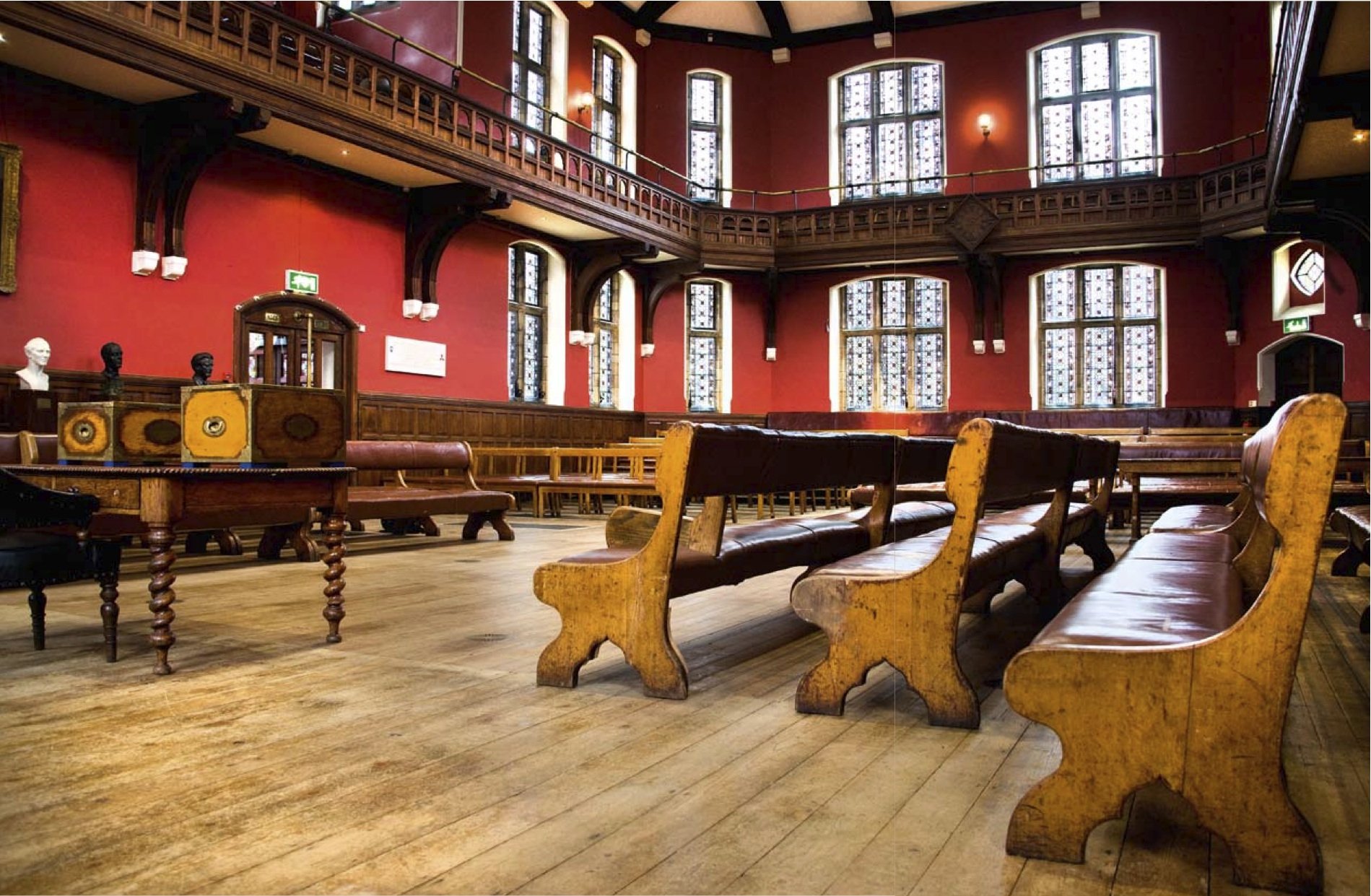Many comments recieved as part of the online survey were of the view that protesting against Union speakers constituted an infringement of the freedom of speech of the speakers. One anonymous comment said that “protesting speakers at the Oxford Union just because they do not share your opinions is one step short of censorship”.
In November 2010, the news that Nick Clegg had to cancel his proposed visit to Oxford was met with strong reactions from many students. He had been scheduled to speak at the Oxford Union on Wednesday 17 November. The Liberal Democrat leader faced criticism for breaking his pre-election pledge to “vote against any increase in fees in the next parliament”. Clegg’s postponement was viewed by many students as a means to avoid the hostility he may have met in Oxford.
An Oxford Union talk by George Galloway, former MP, was protested in October 2012. The protesters disputed his comments on rape. Particular offence was caused by his comment that sex with a sleeping partner does not always constitute rape, but is simply “bad sexual etiquette”. The protesters, mainly members of the Oxford Feminist Network, protested the arrival of George Galloway, who was giving a talk entitled ‘A World At War’. They displayed banners and posters with slogans including “My Assault is Not My Fault”, “Wake Up George” and “George, No Means No.”
Only three months later, in January 2013, an invite to Julian Assange to address the Union via web-link led to a protest that attracted over 100 attendees. Protesters included Tom Rutland, the then President-Elect of OUSU, Joe Morris, Treasurer of Oxford University Labour Club, and Sarah Pine, the former OUSU Women’s Officer. Pine told Cherwell that the Union had committed itself to “further treating the experiences of rape survivors with contempt”.
One of the most controversial figures to speak at the Union in recent years was Marine Le Pen, the then leader of France’s far-right Front National, in February 2015. The protest drew a crowd of some 300 demonstrators, and was covered by major news outlets such as the BBC and The Guardian. Her talk was delayed by more than an hour, and security guards were forced to close the doors to the University’s debating society. Protesters came close to scaling the walls from the street outside.
In November of 2015, a protest took place in the Oxford Union debate chamber against the appearance of Germaine Greer and her views on trans issues as part of a Union debate. A similar event occurred at Cardiff University in the weeks prior, leading to a petition signed by thousands of students opposing her talk. Peter Hitchens was also part of the debate, and was labelled “deeply racist” by the small group of protesters. A flyer handed out condemned the Union, saying it “thrives off controversy”—an accusation which the Union is no stranger to. The Union closed the gallery for the debate for fear of objects and liquids being thrown down on the speakers.
Finally, and most recently, protesters gathered outside the Oxford Union in November 2016 to demonstrate against Donald Trump’s former campaign manager, Corey Lewandowski. The protest, which was organized by Oxford Migrant Solidarity and OUSU LGBTQ Campaign, amassed a crowd of more than 60 protesters. While student protest is frequently a lively part of student life in Oxford, few of the protests resulted in a cancellation of a speaker or event. Furthermore, only 7.1 per cent of the respondants to our survey stated that they had been involved in a Union protest.



